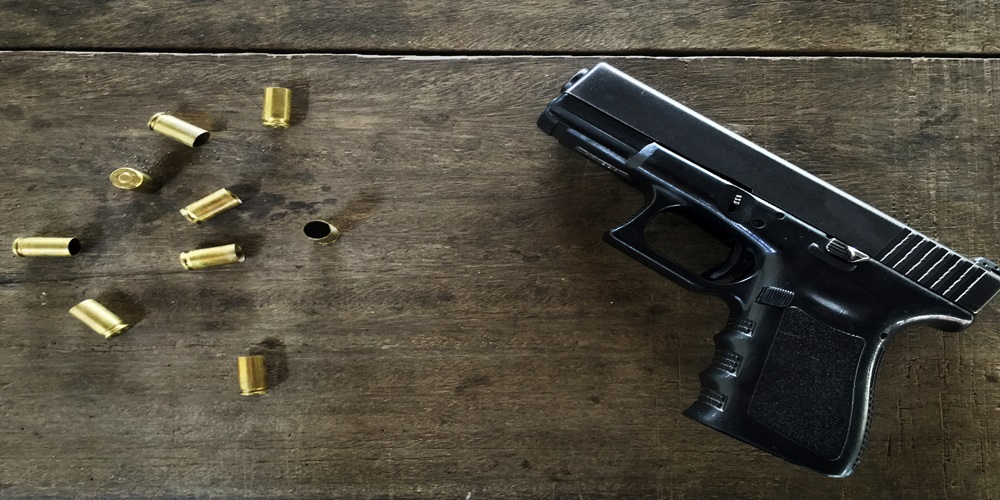Understanding weapons offences is crucial for Canadians, as legal consequences can have a significant impact on the individuals involved.
This article aims to provide comprehensive information on weapons offences, shedding light on the legal implications, types of offences, and potential consequences. Whether you reside in the diverse city of Toronto or the vibrant community of Vancouver, being well-informed about weapons-related laws is essential.

1. Types of Weapons Offences
Weapons offences encompass a range of actions related to the possession, use, and trafficking of various weapons. Here’s a breakdown of common types of weapons offences:
– Illegal Possession: Possessing weapon without the required permits or licenses is a serious offence in Canada. This includes firearms, knives, and other prohibited weapons.
– Unauthorized Carrying: Carrying a concealed weapon without proper authorization can lead to criminal charges.
– Assault with a Weapon: Using a weapon to threaten or cause harm to another person is a severe criminal offence that can result in significant legal consequences.
2. Canadian Firearms Laws
Understanding the specifics of firearms laws in Canada is crucial for both gun enthusiasts and the general public. Some key points include:
– Firearm Classification: Firearms in Canada are classified into three categories – non-restricted, restricted, and prohibited. Each category has different regulations and restrictions.
– Licensing Requirements: To legally possess a firearm, individuals must obtain the appropriate licenses, including the Possession and Acquisition License (PAL) for non-restricted firearms.
– Storage Regulations: Firearms must be stored securely to prevent unauthorized access. Failure to adhere to storage regulations can result in legal consequences.
3. Consequences of Weapons Offences
The legal repercussions for weapons offences in Canada can be severe and may include:
– Criminal Record: Convictions for weapons offences can lead to a permanent criminal record, affecting employment opportunities and travel.
– Imprisonment: Depending on the severity of the offence, individuals convicted of weapon offences may face imprisonment.
– Fines: Courts may impose fines as a penalty for weapons offences, adding a financial burden to the legal consequences.
4. Building a Strong Defence
In the event of facing weapons charges, having a strong criminal defence is crucial to navigate the legal process effectively. Consider the following:
– Legal Representation: Engage the services of an experienced criminal defence lawyer who specializes in weapon offences.
– Knowledge of the Law: A knowledgeable lawyer can assess the details of the case, identify potential defences, and navigate complex legal procedures.
– Negotiation Skills: A skilled defence lawyer may negotiate with the prosecution to reduce charges or seek alternative resolutions.
Conclusion
In conclusion, being informed about weapons offences is paramount for Canadians to navigate the legal landscape. Whether you’re in Montreal or Calgary, understanding the legal implications, types of offences, and potential consequences is crucial. If you find yourself facing weapons charges, remember that building a strong criminal defence is your right.For those in need of strong criminal defence in Brampton, our team of experienced lawyers is ready to assist you. We understand the complexities of weapons offences and are committed to providing personalized legal representation tailored to your specific case. Contact us today to ensure your rights are protected and to explore the best possible defence strategies. Your future deserves a robust defence – let us help you through this challenging time.
